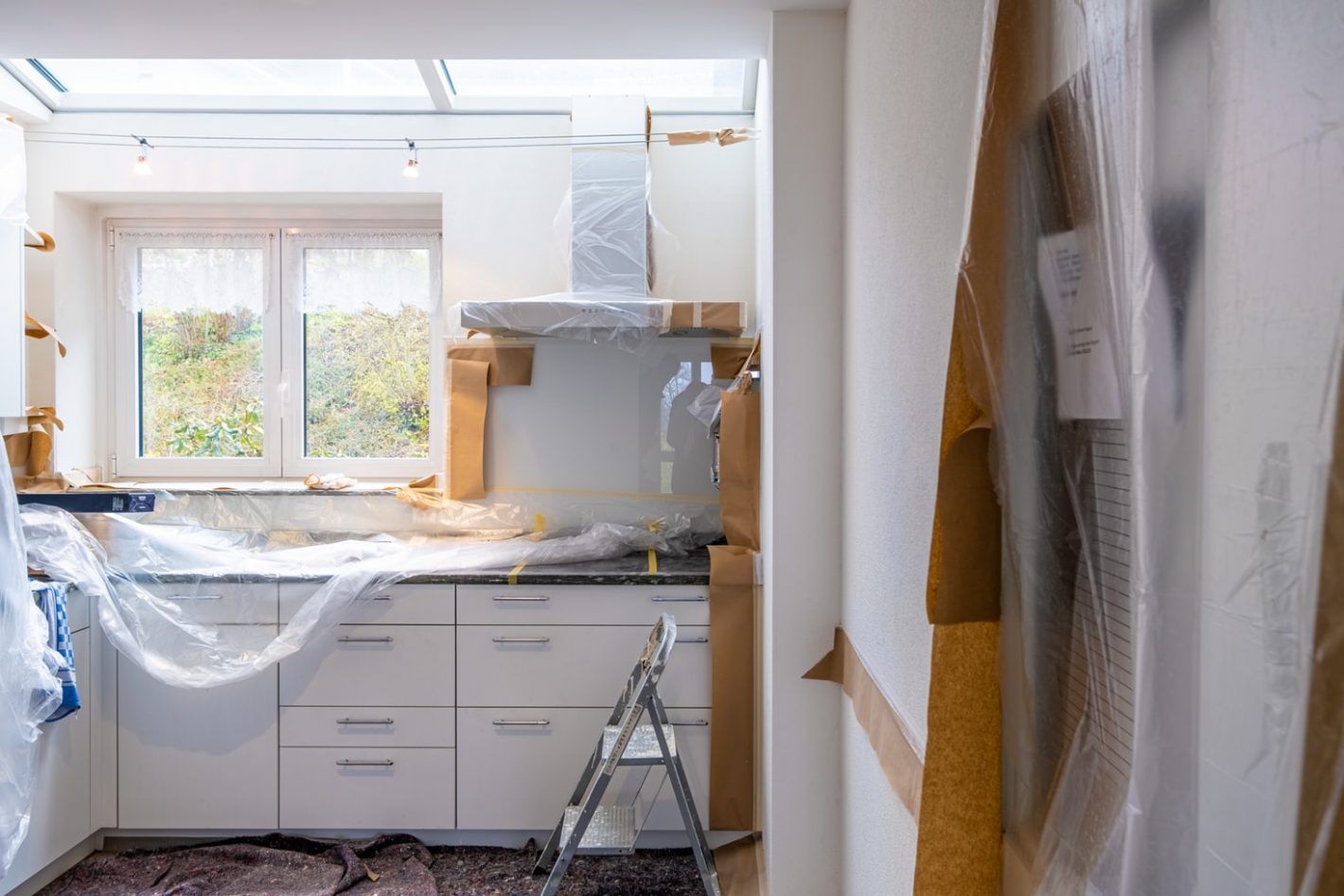Renovating your home, buying a move, or even moving into a new home often end up costing a whole lot more than you expected. Sometimes, that’s just how life goes! While it’s okay to go over your budget sometimes (like when you’re spoiling your loved ones at Christmas time) but it’s not a great idea when you’re working on a major project like home renovation.
It’s difficult to stay within your budget when there are so many variables at play, but it’s important to do your best to understand what you’re committing to before you jump in headfirst. Going too far over budget could put you and your family at serious financial risk for the future, so having a solid game plan is an important step to take. Here are some tips to help you stay within your budget.
Know What You’re In For
Having a clear idea of what you’re going to be spending your money on upfront will help you to plan your budget more thoroughly, and avoid any surprises. Talk to a designer beforehand about everything you want to do in your renovation – they will be able to give you a clearer idea of what you’ll be buying.
Consider elements like new doors, a potential window replacement, new kitchen cabinetry and countertops, built-in storage space in the bedrooms, work on the porch or patio, new flooring, lights, etc. There are so many elements in a home that you could consider. Decide early on what you’ll be renovating and try to stick to this.
Decide What Matters Most
After you’ve made this list of all the sections or elements in your home that might need renovating, shop around and ask professionals for price estimates on what it might all cost. At this point, you may realise that you have to trim back a few things, or you might discover that you have room in your budget for extra. Look at your list, compare it to your budget and decide which elements are the most important to you.
Prepare for Hidden Costs
Keep in mind that when contractors and designers give you quotes or estimates, there could always be additional costs that they can’t prepare for upfront. Changes during the building process could increase costs, your choice of building materials will have an impact, and there might be unexpected issues.
Try to have a buffer in your budget for additional, hidden, and unexpected costs, so that if and when they do arise, you’re financially prepared to deal with them. Because of this, it’s always a good idea to have more money available in your budget than what you actually plan to spend.
Shop For the Best Deal
Talking to a designer or contractor and asking for a quote doesn’t mean that you’re tied down or fully committed to that deal. Allow yourself to really shop around, get quotes from different companies, try out different building materials etc. to really get the best deal.
This is a process that you don’t want to rush, so taking your time to find reliable yet affordable contractors, builders, designers, and consultants is going to be in your best interests. Do your research online and ask for recommendations from friends and family for this.
Do What You Can
Relying on professionals in your home renovation is always the best way to go, but keep in mind that you don’t have to have everything done for you. Certain tasks will be well within your abilities, and you might save yourself loads of money by opting to do it yourself. This includes things like certain installations, purchasing and transporting materials, small home maintenance jobs (like sorting out that leaky pipe) and even fun DIY projects to upgrade your home.
Monitor Your Spending
The concept of budgeting is more than simply setting yourself a spending limit – it also involves regular checking-in to assess whether or not you’re staying within those boundaries.
Try to set yourself budgeting checkpoints. This could take place once every month, once every week, after each project is completed, or however you would prefer to structure things. What matters is that you regularly check-in to see how much you’ve spent on certain things and compare this with what you had intended to spend. You’ll be able to see whether you’re on track or not or whether you’ve gone over budget and perhaps need to cut back on other areas.
Consider it Carefully
If you’re working with a tighter budget, you’re going to want to be a little more sparing and considerate about what you choose to renovate and what not. You might need to be a little more cut-throat with your list of wants and remove a few less important things from the list.
Keep in mind that certain things could be touched up or repaired rather than completely rebuilt from the bottom up. Also, remember that extra fixups could always be done at a later stage. For example, you might not be able to afford to retile the kitchen during the main renovation, but you could always save up and have it done in a year or two.
Choose Wisely and Consider Value
If you’re going to be culling expenses and projects, try to do so wisely. Consider what projects will add the most value to your home: either to you personally or as a selling point if you’re planning on renovating to sell the house. There may be instances where you can do smaller, less expensive projects that might add more value to your space, so plan everything carefully within your budget.
Conclusion
Sticking to your renovation budget all comes down to thorough planning and staying organised and on top of things throughout the project. When you have a clear vision and idea set out, know what you can and cannot spend, and make the effort to keep track of how things are going, it will be much easier to stop yourself from wildly overspending. Even though this can be a stressful thing to go through, remember to enjoy the process!

